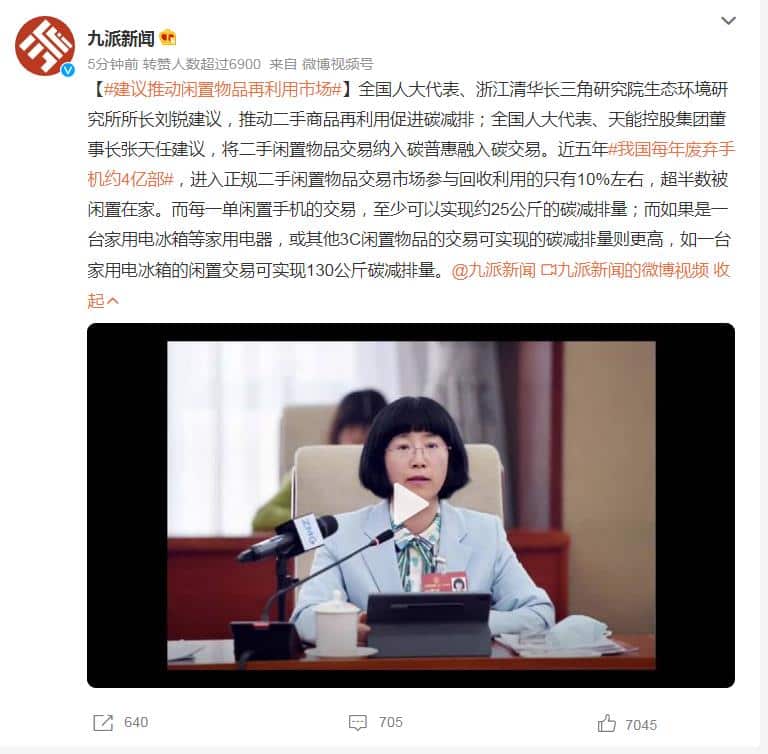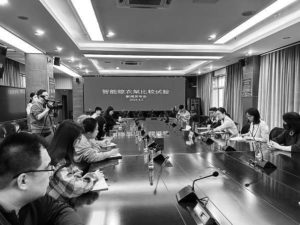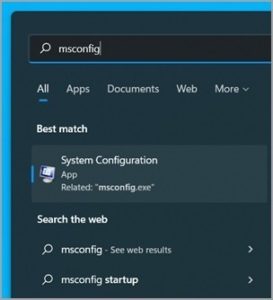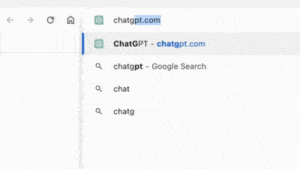About 400 million mobile phones are discarded in my country every year: how do you deal with them

[ad_1]
Liu Rui, director of the Institute of Ecology and Environment of Zhejiang Tsinghua Yangtze River Delta Research Institute, suggested promoting the reuse of second-hand goods to promote carbon emission reduction; Zhang Tianren suggested that the trading of second-hand idle goods should be included in carbon inclusiveness and carbon trading.
In the past five years, about 400 million mobile phones are discarded in my country every year, and only about 10% enter the formal second-hand idle goods trading market to participate in recycling, and more than half are left idle at home. And each transaction of an idle mobile phone can achieve at least about 25 kilograms of carbon emission reduction; and if it is a household appliance such as a household refrigerator, or other 3C idle items, the carbon emission reduction that can be realized is even greater. High, for example, the idle transaction of a household refrigerator can achieve a carbon emission reduction of 130 kg.
Statistics show that the current transaction rate of second-hand goods in my country is less than 15%, and there are still a large number of items that are idle. During the investigation, Liu Rui also discovered some major bottlenecks that restrict the full trading of second-hand goods. For example, the tax structure of second-hand commodity transactions still needs to be improved.
At present, except for the exemption of value-added tax for personal sales of second-hand goods and the 0.5% value-added tax rate for second-hand car transactions, the simple tax calculation method of 2% is adopted in other cases. “It is difficult to obtain pre-tax deduction certificates for second-hand commodity trading, and the overall profit of the second-hand commodity trading industry is low, resulting in a heavier actual tax burden for formal second-hand commodity trading companies.” Liu Rui said. At the same time, the second-hand commodity trading management system is not perfect enough. There is a lack of evaluation management regulations and methods for second-hand commodity trading platforms and evaluation standards for the construction of integrity systems, and the standard systems for identification, testing, evaluation, and sales are not perfect.
In addition, second-hand digital products contain much of the personal information of the former owner, which poses a risk of leakage. Liu Rui learned that through the support of the national key research and development plan, my country has made some breakthroughs in the information erasure technology of mobile phones and other electronic products, but its promotion and application are not enough, and it has not yet covered most of the second-hand commodity trading platforms.
At present, although second-hand commodity transactions in my country are booming, the main participants in second-hand transactions through second-hand e-commerce platforms such as Zhuanzhuan and Xianyu are post-95s and post-00s, and the proportion of the total number of consumers is not high. Liu Rui believes that this means that more powerful policy guidance and concept popularization are needed.
[ad_2]
Source link








